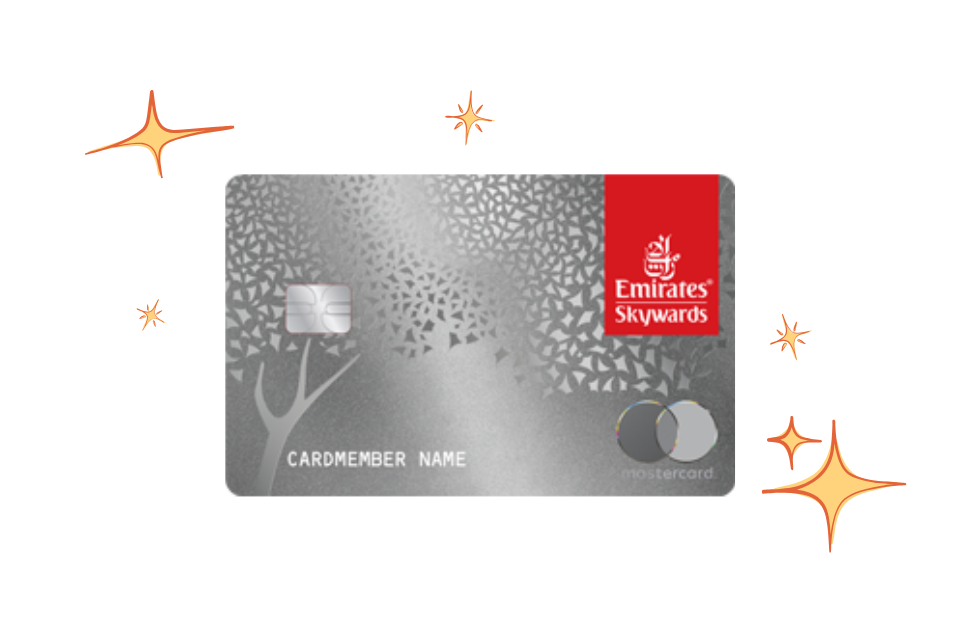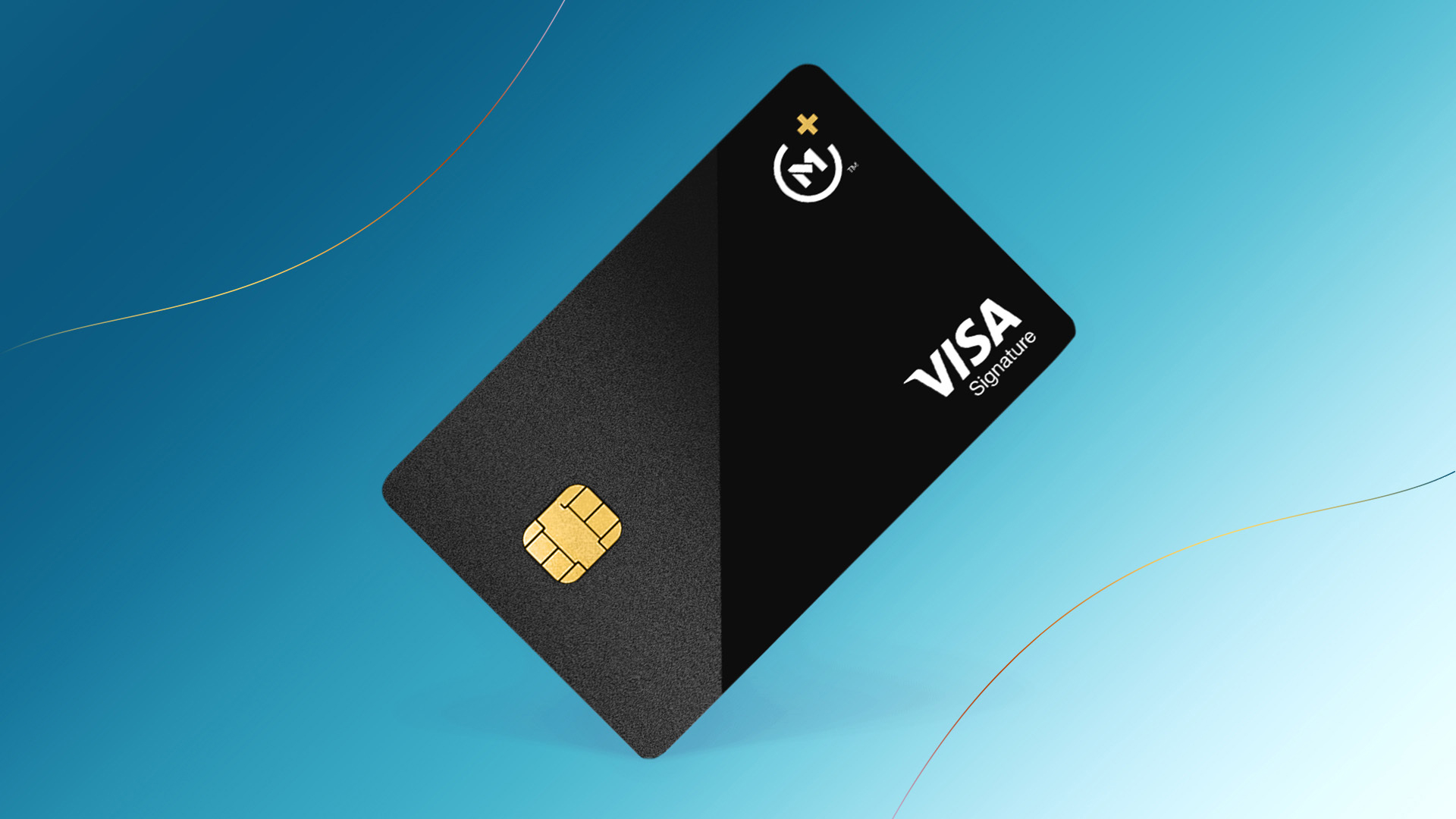Advantages and Disadvantages of Premium Credit Cards

Understanding Premium Credit Cards
When considering premium credit cards, it’s essential to weigh both the advantages and disadvantages accurately. These financial instruments can indeed provide a wealth of benefits, but they also come with responsibilities and possible pitfalls.
Exclusive Benefits
Premium credit cards are particularly well-known for offering a range of exclusive benefits that can significantly enhance your lifestyle. For instance, many premium cards feature lucrative travel rewards that allow you to earn points for every dollar spent. These points can often be redeemed for flights, hotel stays, or even upgrades to first-class services. If you travel frequently for business or leisure, this can result in substantial savings or luxury experiences.
Additionally, cards may provide cash back on purchases, which can be especially appealing for those who want to maximize their dollar. Some cards offer higher cash back rates for specific categories like dining, groceries, or gas, which can lead to meaningful financial gains over time.
Furthermore, premium card holders often gain access to luxury services such as exclusive event tickets, VIP experiences, or invitations to private dinners. For instance, certain cards offer access to pre-sale concert tickets or even backstage passes, adding a touch of glamour to your entertainment experiences.
Annual Fees
Despite these attractive benefits, it’s crucial to consider the potential downsides, particularly the annual fees associated with premium cards. These fees can sometimes range from $200 to over $500 per year. While the card’s perks may seem compelling, it’s essential to evaluate whether you can effectively utilize these benefits enough to justify the cost. For example, if the card offers extensive travel rewards but you only travel once a year, the fees may outweigh your potential gains.
Enhanced Customer Service
Another vital aspect of premium credit cards is enhanced customer service. Many credit card issuers provide dedicated customer support teams, ensuring that you have assistance whenever you need it. Additionally, a concierge service may be available, ready to help with reservations, travel plans, or even gift purchases. Such personalized service can enrich your overall customer experience.
However, it is essential to recognize that these cards may not be suited for everyone. If you don’t spend enough in categories that earn rewards, or if you frequently pay an annual fee without receiving significant perks in return, you might be better off with a standard credit card. Always consider your spending habits and financial goals, and aim to choose a card that aligns with your lifestyle and financial needs.
In this discussion, we hope to provide a clearer picture of premium credit cards, so you can decide if they are a valuable addition to your financial toolkit or if another option may better suit your needs.
Weighing Financial Implications
While premium credit cards can offer alluring benefits, it’s imperative to further dissect the financial implications involved in owning one. Understanding these aspects can be crucial for making an informed decision about whether a premium card aligns with your financial objectives.
Reward Programs
One of the standout features of premium credit cards is their reward programs. Many of these cards provide extensive earning potential that can significantly enhance your financial returns. Here’s a closer look at the various types of rewards you might encounter:
- Travel rewards: Earn points redeemable for flights, hotel stays, and travel experiences. Frequent travelers can capitalize on this to offset travel costs considerably.
- Cashback: Directly receive a percentage of your purchases back in cash. This can be a straightforward way to benefit from everyday spending.
- Points-for-purchase: Accumulate points that can be redeemed for merchandise or services, enabling customers to turn everyday expenses into rewards.
These reward programs can be quite beneficial, especially when paired with your typical spending habits. For example, if you frequently dine out or travel, a card offering higher rewards in these categories can yield significant savings or upgrades over time.
Introductory Offers
Premium credit cards often come with enticing introductory offers that can be very attractive to new cardholders. These offers may include bonus points, increased cashback rates for the first few months, or waived annual fees for the first year. Such incentives can make it easier to optimize the advantages of having a premium credit card right off the bat. However, be mindful that these benefits may come with specific spending requirements that must be met within a given timeframe.
Potential for Overuse
Despite the numerous advantages, premium credit cards can also lead to potential pitfalls if not managed prudently. One significant concern is the potential for overuse. With high credit limits and appealing reward structures, cardholders may be tempted to spend beyond their means. This habit can rapidly lead to unmanageable debt, with high-interest rates that may accrue if balances are not paid in full each month.
Moreover, the allure of premium benefits can sometimes cloud judgment. For instance, if you find yourself purchasing unnecessary items just to earn rewards or hit a spending threshold, the financial advantages can quickly evaporate. It’s essential to strictly monitor your spending and stay within a budget that aligns with your financial goals.
In summary, while premium credit cards come with numerous advantages, they also require careful consideration and management. The combination of appealing rewards and potential perils underscores the importance of a thoughtful approach. Understanding these dynamics will aid you in determining whether a premium card is the right fit for your financial situation and lifestyle.
Understanding Additional Costs and Considerations
Beyond the elegant rewards and flashy perks that come with premium credit cards, it’s essential to look closely at the associated costs and considerations. These factors can influence your overall experience and satisfaction with a premium card, often more than the immediate benefits.
Annual Fees
One of the most significant drawbacks of premium credit cards is the annual fee. Unlike standard credit cards that may have no annual fees, premium cards frequently charge fees that can range from $95 to upwards of $500. While this might seem steep, it is crucial to weigh this fee against the benefits you anticipate receiving. For frequent travelers, for example, complimentary airport lounge access or travel insurance might justify the expense. However, if you’re not likely to utilize these features, the annual fee might outweigh the benefits.
Interest Rates
Another essential aspect to consider is the interest rates. Premium credit cards often come with higher interest rates compared to their standard counterparts. If you tend to carry a balance on your card rather than paying it off in full each month, the cost of interest can quickly neutralize any rewards you may earn. For instance, if you earn 2% cashback on purchases but are paying 20% interest on your balance, the net benefit may be minimal, making it crucial to evaluate your spending habits against potential interest charges.
Credit Requirements
Premium credit cards typically have stringent credit requirements, which may disqualify many applicants. To qualify for a premium card, you often need a strong credit score, typically in the 700s or above. This limitation means that, while the rewards and perks are appealing, not everyone will have access to the potential benefits. Additionally, having a high credit utilization rate can negatively impact your credit score and diminish your chances of approval.
Limited Acceptance for Some Perks
While many premium credit cards tout luxury benefits like concierge services, special hotel rates, and exclusive event access, it’s important to recognize the limitations on these perks. For example, a card may offer discounts at specific hotels or restaurants, but if these locations are not readily accessible to you, the perceived value of the card decreases. Furthermore, some of the more exclusive rewards may come with additional eligibility criteria, making it challenging to take full advantage of all the benefits.
Impact on Financial Habits
Owning a premium credit card may inadvertently change your financial habits. The prestige associated with premium cards can lead to lifestyle inflation, where cardholders feel pressured to spend more to match the lifestyle they believe a premium card represents. This mindset can be detrimental, especially if it results in accumulating unnecessary debt. Therefore, it’s vital to establish a clear understanding of how a premium credit card aligns with your long-term financial goals and to remain disciplined in your spending.
In essence, while the allure of premium credit cards is undeniable, it’s crucial to consider the associated costs and behavioral impacts alongside the apparent advantages. A well-rounded understanding of these elements can empower you to make a more informed decision regarding whether a premium card is an appropriate choice for your unique financial landscape.
Conclusion
In summary, premium credit cards offer a unique blend of benefits and drawbacks that require careful consideration before making a decision. On one hand, the rewards—such as travel perks, cashback opportunities, and exclusive experiences—can significantly enhance your financial and lifestyle choices. For instance, if you’re a frequent traveler, the value of complimentary airport lounge access or travel insurance can far exceed the costs associated with the card’s annual fee.
However, it is vital to recognize the potential downsides. High annual fees, elevated interest rates, and stringent credit requirements can make premium cards less accessible or beneficial for some individuals. Moreover, if you find yourself accruing debt due to lifestyle inflation, the financial burden could ultimately negate the allure of the rewards.
Ultimately, the decision to choose a premium credit card should align with your personal financial habits and goals. Assess whether you will truly utilize the perks offered, and consider how they fit into your overall budget. By weighing both the advantages and disadvantages, you can make a well-informed choice that enhances your financial well-being rather than complicating it. Remember, the best credit card for you is the one that aligns with your spending patterns and helps you achieve your financial aspirations without incurring unnecessary costs.


